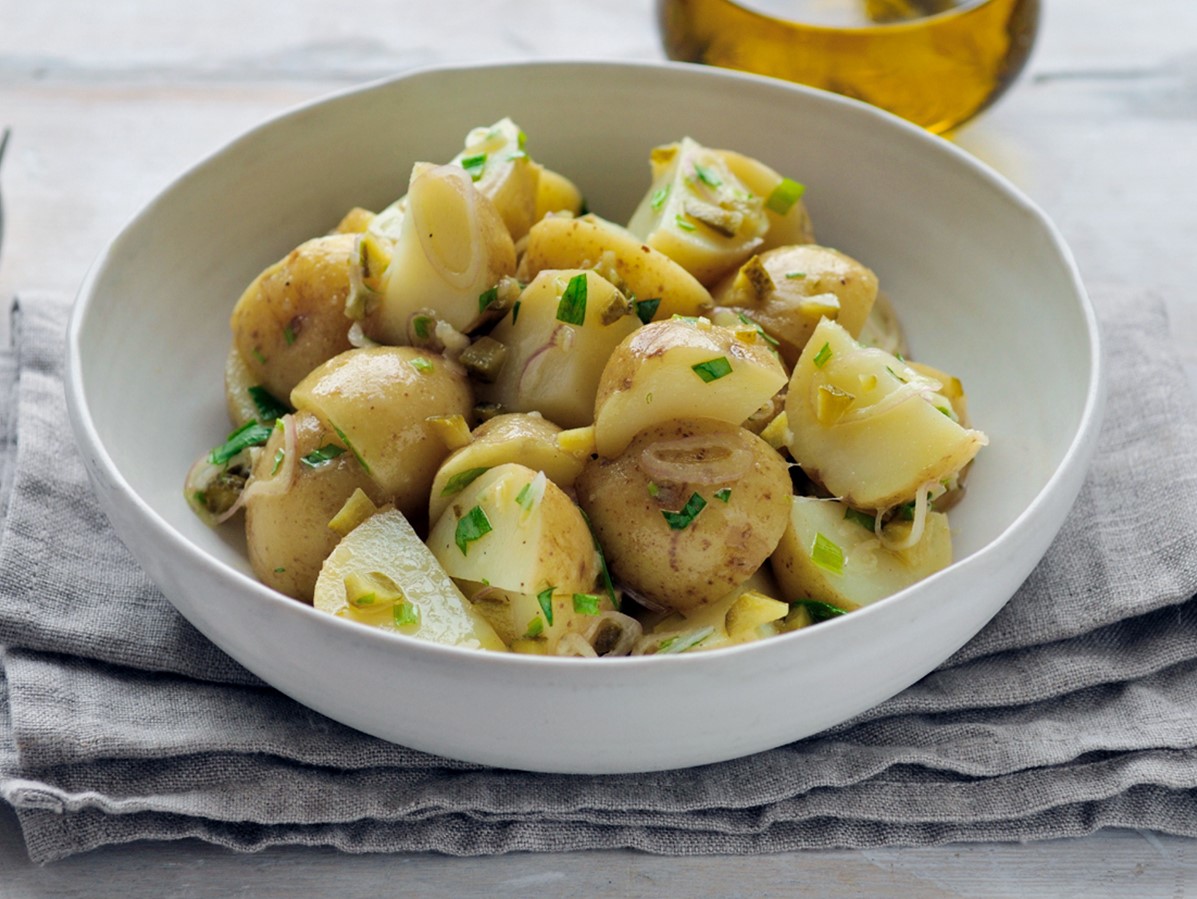
Have you already heard something about resistant starch. If you haven’t, now is the time to find out why it’s important to gut health.
What is it?
Resistant starch is a carbohydrate that “resists” digestion in the small intestine and ferments instead in the large intestine. So they act as a prebiotic and feed the good bacteria in the gut. There are several scientific types of resistant starch. They are classified by their structure or source. And more than one type of resistant starch can be present in a single food.
Benefits of Resistant Starch (RS)
You may know that when starches are digested they typically break down into glucose. Which is why poor quality carbs can destabilise insulin by spiking glucose frequently. But because RS is not digested in the small intestine, it doesn’t raise glucose levels. Tick
Gut health generally is improved as fermentation in the large intestine makes more good bacteria and less bad bacteria.
Other benefits include:
- increased feeling of fullness,
- treatment and prevention of constipation,
- decrease in cholesterol,
- improve glycemic control, and
- lower risk of colon cancer.
- RS is fermented slowly so it causes less gas than other fibres too.
Foods Sources
Foods that contain these starches include:
- Plantains and green bananas (as a banana ripens the starch changes to a regular starch)
- Beans, peas, and lentils (white beans and lentils are the highest in resistant starch)
- Whole grains including oats and barley
- Cooked and cooled rice
- Cacao
The amount of RS changes with heat. Oats, green bananas, and plantains lose some of their resistant starch when cooked. Another type of RS is made in the cooking and cooling process. Cooked rice that has been cooled is higher in resistant starch than rice that was cooked and not cooled.
You should also consider adding plenty of soluble fibre to your diet to feed the good bacteria in your gut too. Read here about psyllium husk and acacia senegal (aka gum arabic).
How to Add Resistant Starch to Your Diet
- Try cooking rice, potatoes, beans, and pasta a day in advance and cool in the refrigerator overnight.
- In place of cooked oatmeal, try uncooked oats soaked in yogurt, milk, or a non-dairy milk and refrigerate overnight (often called overnight oats).
- Add lentils to a salad or soup.
- RS will be lost when baking or cooking but try green banana flour, plantain flour, cassava flour, or potato starch as partial flour replacements. You can also supplement with a small of amount (1-2 teaspoons) sprinkled on your food.
When increasing fibre intake, go slowly and drink plenty of water to reduce GI side effects. Remember all types of fiber have health benefits so eat a variety of fibre-containing foods.

